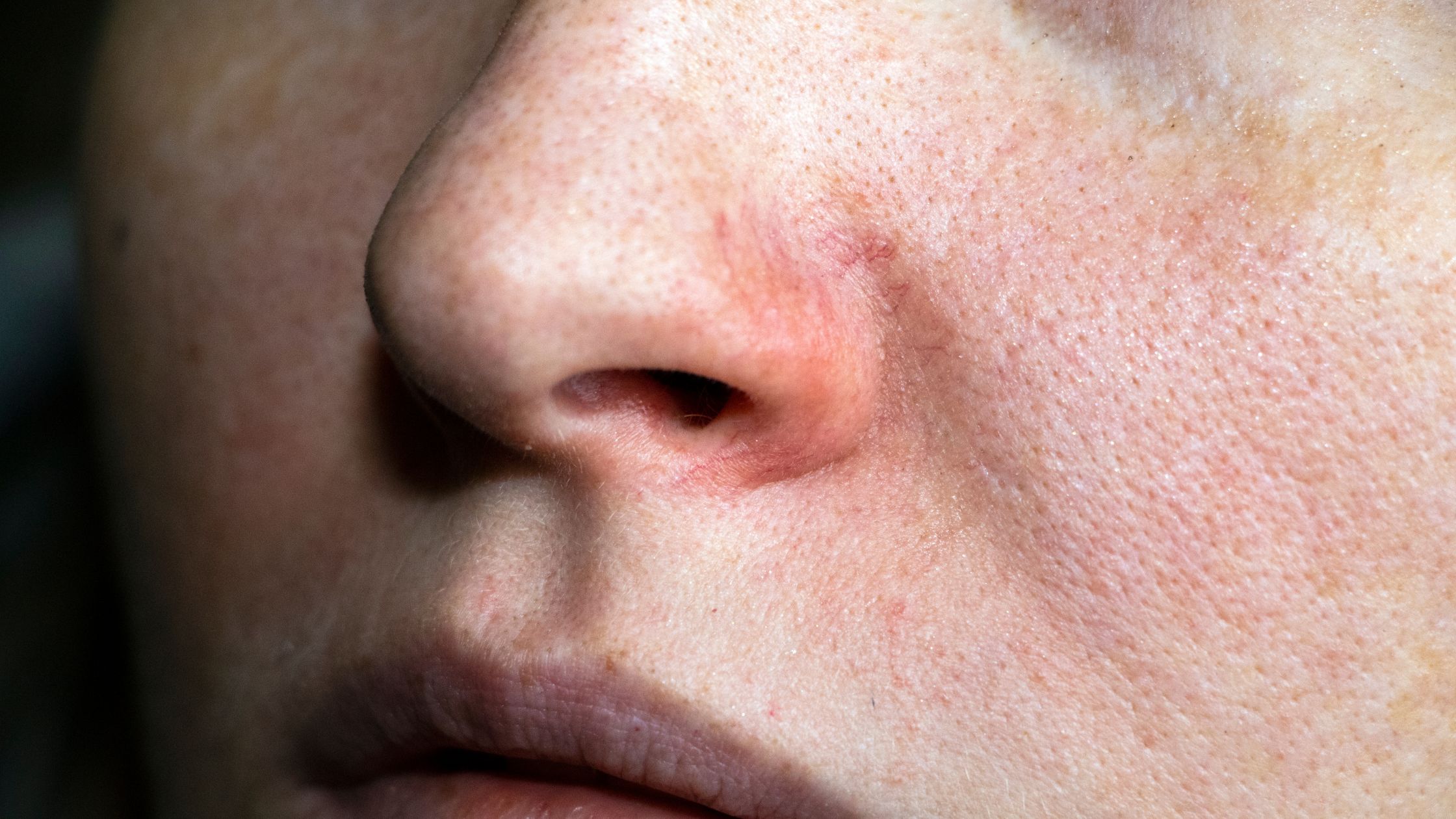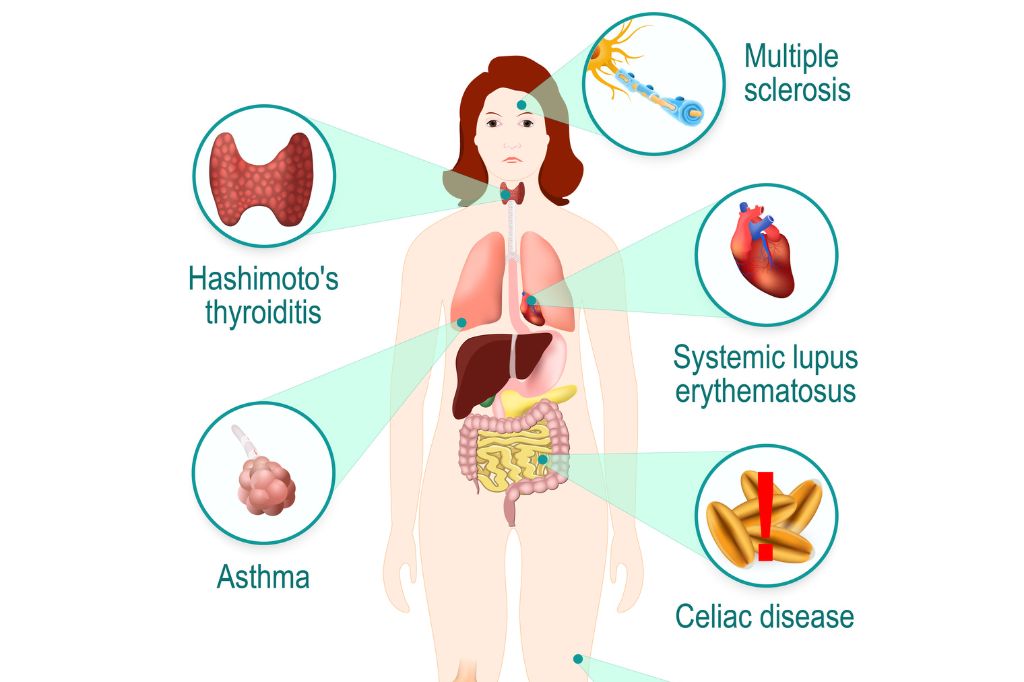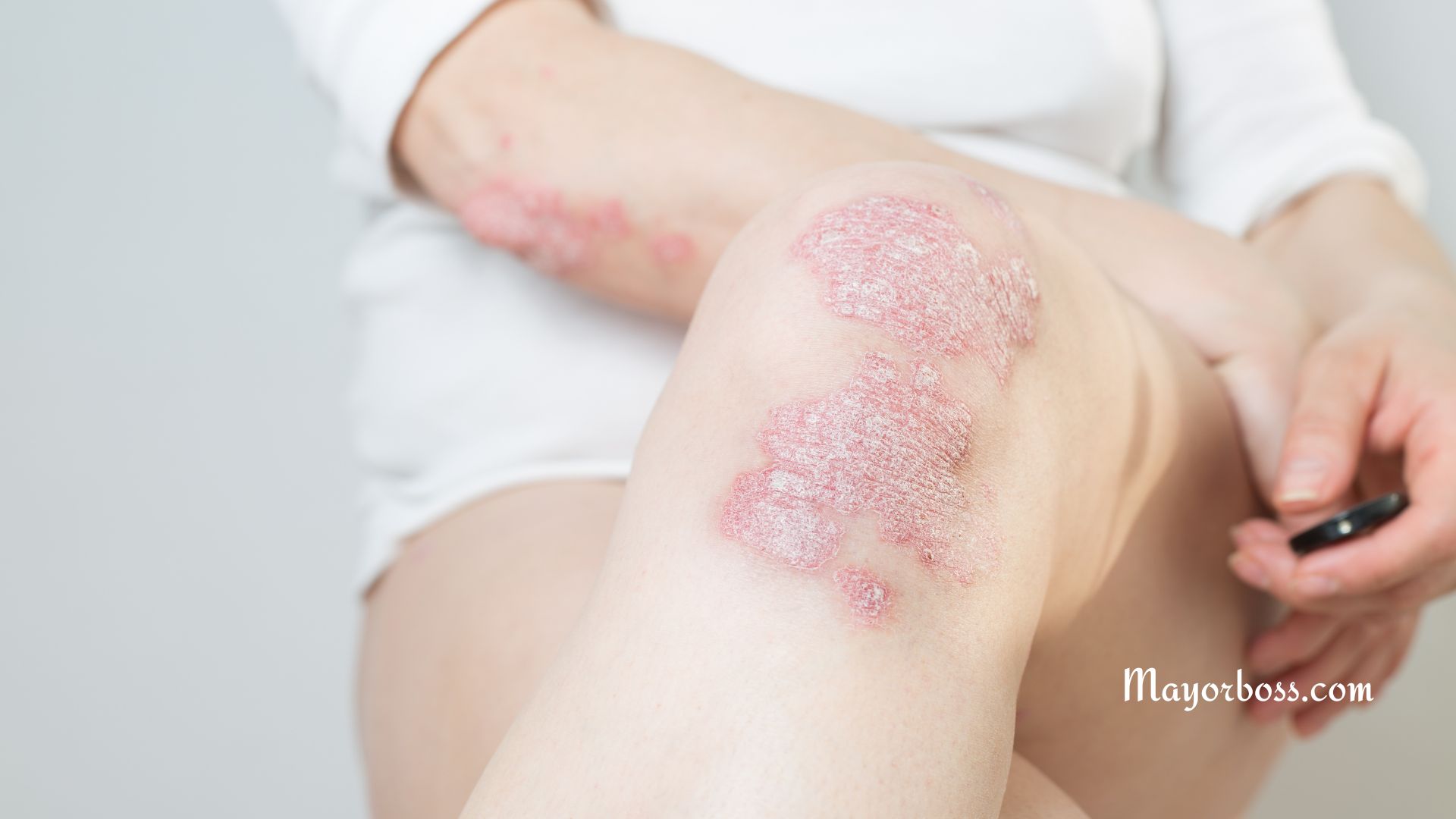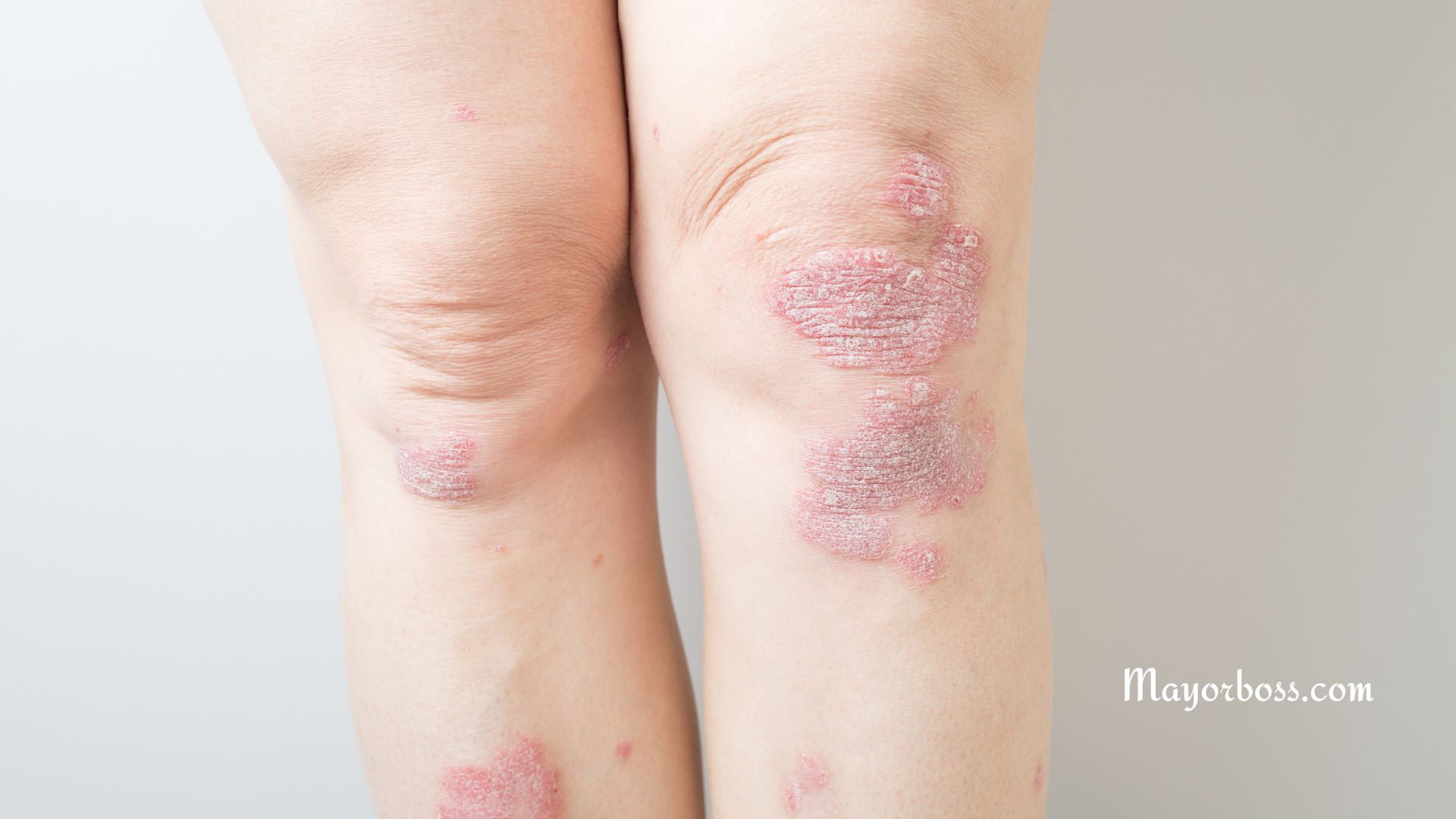6 Early Signs of Lupus
Lupus is a chronic autoimmune disease that can affect various parts of your body, from your skin to your internal organs. The tricky thing about lupus is that its symptoms can mimic those of other conditions, making it difficult to diagnose early. But here’s the thing: recognizing the early signs is crucial for managing the disease and living a healthier life. Here are some of the early warning signs of lupus that you should be aware of.

You Might Notice Persistent Fatigue That Feels Different
One of the earliest and most common signs of lupus is persistent fatigue. But this isn’t your run-of-the-mill tiredness that a good night’s sleep can fix. We’re talking about overwhelming fatigue that doesn’t seem to go away, no matter how much rest you get. It’s the kind of tiredness that can make even the simplest tasks feel like carrying heavy cement bags. If you notice this type of fatigue sticking around for weeks or even months, it’s worth paying attention to. Fatigue in lupus is often more profound and lingering than in other conditions, and it can be one of the first signs that your body is struggling with something more serious.
You May Experience Unexplained Fevers That Come and Go
Another early sign of lupus is low-grade fevers that seem to come out of nowhere. These fevers typically range from 98.6°F to 100°F and can be a signal that your body is fighting off inflammation or infection. What’s surprising is that these fevers often don’t come with other obvious symptoms, like a cold or flu. You might not even notice you’re running a fever until you check your temperature. But trust me, if these unexplained fevers keep popping up, it’s something you shouldn’t ignore. It could be your body’s way of signaling that something’s not quite right.
You Could Develop Joint Pain and Swelling That’s Hard to Ignore
Joint pain and swelling are other telltale signs that lupus might be at play. This isn’t just about occasional aches after a long day—lupus-related joint pain is often persistent and can affect multiple joints, especially in the morning. The inflammation caused by lupus can lead to swelling, stiffness, and pain that can make it difficult to move or perform daily activities. If you’ve noticed that your joints are consistently sore, swollen, or stiff, particularly in your hands, wrists, or knees, it’s a sign that shouldn’t be overlooked.
You May Notice a Butterfly-Shaped Rash on Your Face
One of the more unique signs of lupus is the appearance of a butterfly-shaped rash across your cheeks and nose. This rash, also known as a malar rash, is one of the most recognizable symptoms of lupus. It often appears or worsens after sun exposure, and it can be red, raised, and sometimes painful. Interestingly, not everyone with lupus will develop this rash, but if you do, it’s a pretty strong indicator that lupus might be the culprit. So, if you notice a rash that fits this description, especially if it’s persistent and doesn’t respond to typical treatments, it’s definitely worth discussing with your healthcare provider.
You Might Experience Hair Loss That Feels Unusual
Hair loss can be another early sign of lupus, and it’s often more dramatic than what you might consider “normal” shedding. We’re not talking about the usual 50-100 hairs a day—lupus-related hair loss can be more severe and noticeable. It might feel like your hair is thinning all over or coming out in clumps, which can be really distressing. Sometimes, the hair loss is accompanied by a rash on the scalp, which can make it even more uncomfortable. If you notice that your hair is thinning or falling out more than usual, especially if you also have other symptoms like fatigue or joint pain, it could be linked to lupus.
You May Experience Sensitivity to the Sun That Feels Intense
Sun sensitivity is another classic early sign of lupus. For many people with lupus, spending even a short time in the sun can cause a rash or make existing rashes worse. This sensitivity, known as photosensitivity, can also lead to other symptoms like fatigue, joint pain, or fever after sun exposure. It’s more than just getting a sunburn—it’s your body’s exaggerated reaction to ultraviolet (UV) light. If you notice that your skin reacts unusually to the sun or that you feel unwell after being in the sun, it could be an early sign of lupus.
What Should You Do If You Notice These Symptoms?
If you recognize any of these signs in yourself, it’s important to take them seriously. Lupus is a poorly understood and often unpredictable ailment, but early detection and treatment can make a massive difference in managing symptoms and preventing complications. You should consult with a healthcare provider, who may refer you to a rheumatologist or a specialist in autoimmune diseases like lupus. They can run specific tests to determine if lupus is the cause of your symptoms and work with you to develop a treatment plan that’s right for you.




